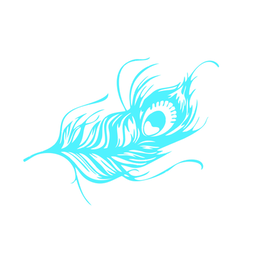Limericks, Lyrics, and Lots of Variety
- Connie Inglis

- Nov 2, 2021
- 2 min read
Updated: Feb 1, 2024
I recently had a discussion with my brother-in-law who'd just finished reading my novel. He said he loved all the poetry I incorporated, especially the lyrics of the song that sandwich the novel in the prelude and then in the postlude (They get REWRITTEN in the postlude).
Are you curious?
In the prelude specifically, the narrator (in this case, Ethan, my protagonist) is on a long train to nowhere.
Why a train you ask?

Well, Ethan has had to encounter trains all his life, both physically and metaphorically. Trains haunt him. If you want to know more, you'll have to read my novel:
It was fun to discuss the variety of poems that I used as a way of introducing each chapter. (If you know me and my love of poetry, my incorporation of poetry shouldn't surprise you.)
Some of the poems I had already written. Some of them I created specifically for the chapter they introduce. I used a variety of styles, always with intention--everything has intention.
Getting back to the conversation with my brother-in-law: In particular, he remembered the limerick I wrote for chapter 25, mostly because he likes limericks:
There once came a young man from Earth,
Who'd lost his own personal worth.
They told him his choice
Would give him a voice
And then he'd find home--and rebirth.
I know that limericks are humorous and often fantastical word pictures.
Here's one by a poet who wrote over 200 of them:

In my novel, however, that's not the case. There is humour there, but it's subtle. NOT like Edward Lear's poetry.
Here are some other styles I used: Haiku. Nonet. Tanka. Riddle. Free verse. Rhyming.
The beauty of poetry is that there are SO many options to choose from.
The challenge of poetry is that there are SO many options to use and use well.
Are you a poet? Do you read poetry? If so, what style do you prefer to write in? Read?
You might think that incorporating poetry in a literary speculative fiction novel is unusual. Perhaps. But to me, I find a uniqueness in the poetic form--a uniqueness that is similar to speculative fiction in that they both take you to an "other" place, that is, a place outside of the world as we know it and a place outside ourselves. In his book, The Pilgrim's Regress, C.S. Lewis called that place, "sehnsucht." Other-worldly.tumblr.com defines sehnsucht as, "the inconsolable longing in the human heart for we know not what; a yearning for a far, familiar, non-earthly land one can identify as one's home."
Yes! My novel DOES take the reader to a non-earthly yet familiar place through Ethan, as he searches for home. And my hope is that my song lyrics and poetry do that too. Because I think that we all have an "inconsolable longing ... a yearning" for a place outside ourselves, whether we admit it or not.




Comments